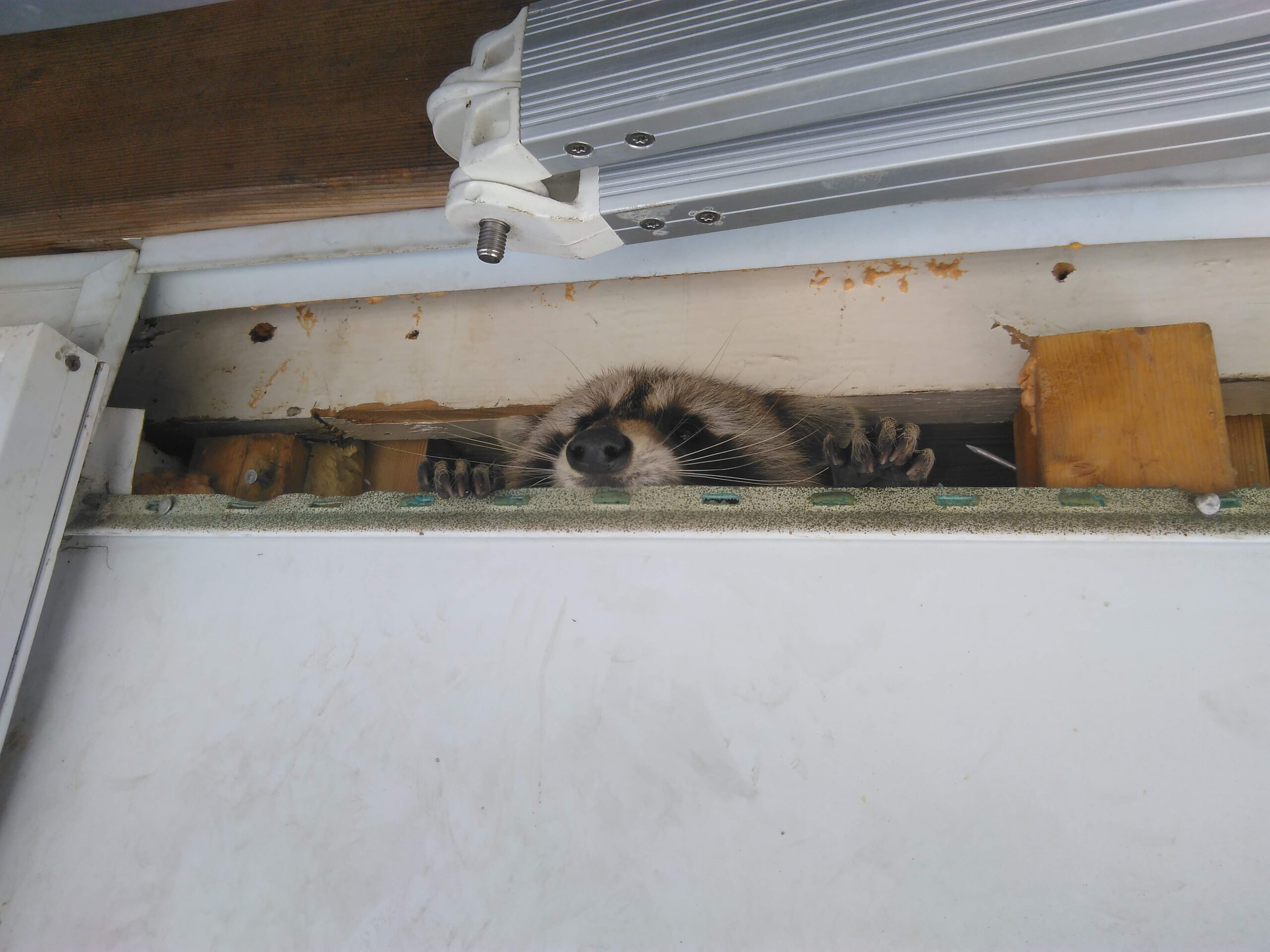Raccoon behavior changes in the cold weather. They do not hibernate but tend to slow down and look for warm, safe places to settle. If these critters are engaging in pesky activities on your property, you need to call wildlife control Waukesha for assistance with removal.
While their actions are sometimes a nuisance to humans, they are intelligent and curious animals that display behaviors vital for survival. Here are some important things to know about how raccoons live and prepare for seasonal changes.
Winter Preppers
Raccoons use their industrious natures to get food and find suitable living arrangements. This becomes a pressing issue as the weather grows colder, and they would rather be well-fed and safely tucked away in a den. They spend their days eating as much as they can to store up an extra layer of fat. In the harshest days of winter, raccoons sleep for stretches as long as a month to avoid the elements.
They also den with other groups in extremely cold conditions. This could mean they find their way into an attic, crawlspace or walls inside a home. If so, homeowners are likely to hear scratching sounds or shuffling movements at some point. If raccoons are present, it is important to check around your home for potential entry points.
Problem Solvers
If there is a fitting urban picture of a raccoon, it is probably one with a mama and her babies poking their heads out of a trash bin. The saying that one man’s trash is another man’s treasure applies well to raccoons. They are particularly adept at opening lids and retrieving items to eat. Their strong foraging instincts keep them alive, so a big, stinky garbage can with food scraps is a jackpot.
This gets them into trouble quite often as they knock over containers and spread trash around. It is not easy to see this as instinctual behavior, but that is exactly what occurs. Raccoons use these same skills in any environment, but the consequences are much different in residential areas.
Opportunity Seekers
Raccoons are highly adaptable animals. If you have a bowl of food on your porch, do not be surprised if a raccoon tries to get its share even with your pet present. They are the ultimate opportunists. They become acclimated to humans being around as long as they do not feel threatened. The problem is, despite their cute features and funny antics, they are still wild creatures.
They can become aggressive when battling for food or territory. Though not large in size, they are very powerful and can inflict serious wounds or kill other animals. While they do not choose conflicts with humans, raccoons will stand their ground. Poor outcomes tend to occur because raccoons and humans share the same spaces.
Wildlife Specialists
When raccoons become possessive of a territory, make constant messes, cause damage, take up residence or get stuck in a wall, it’s time to call a humane wildlife control specialist. Sometimes the animal has been on your property for a while and appears friendly, but do not assume you can handle it on your own. We can provide these safe and effective services:
- Assess and remove: We first evaluate the situation, then we safely remove and relocate animals with our humane techniques.
- Clear and clean: We eliminate and clean areas of contaminated materials that pose health risks.
- Prevent and protect: We seal up places in your home to block future raccoon intrusions.
Humane Raccoon Removal Services
Raccoons grow up and live within areas the size of three city blocks, and they should never be relocated to a distant place where they may not survive. Skedaddle Wildlife Control in Waukesha will humanely remove and place raccoons safely within their home territories. Find out more information about our original techniques and systems for managing wildlife issues.



